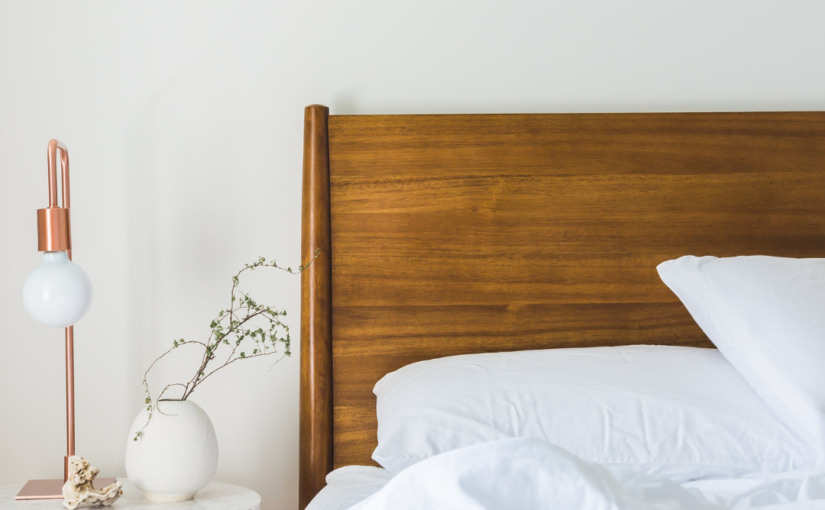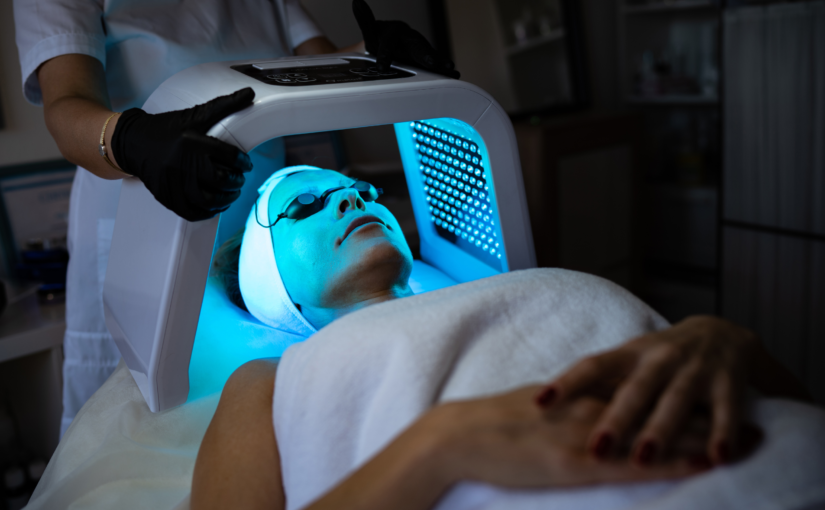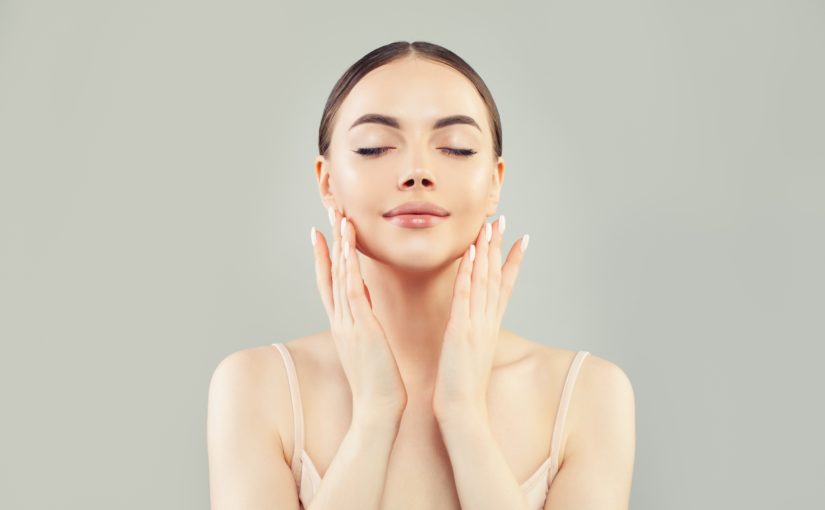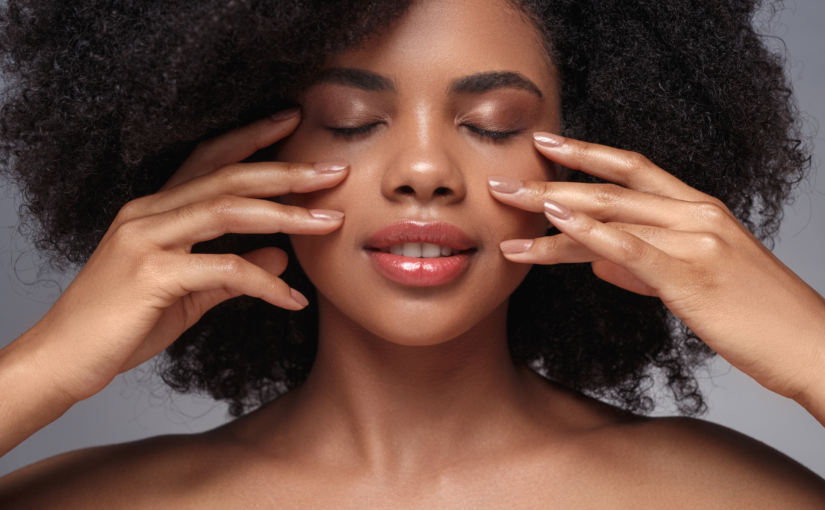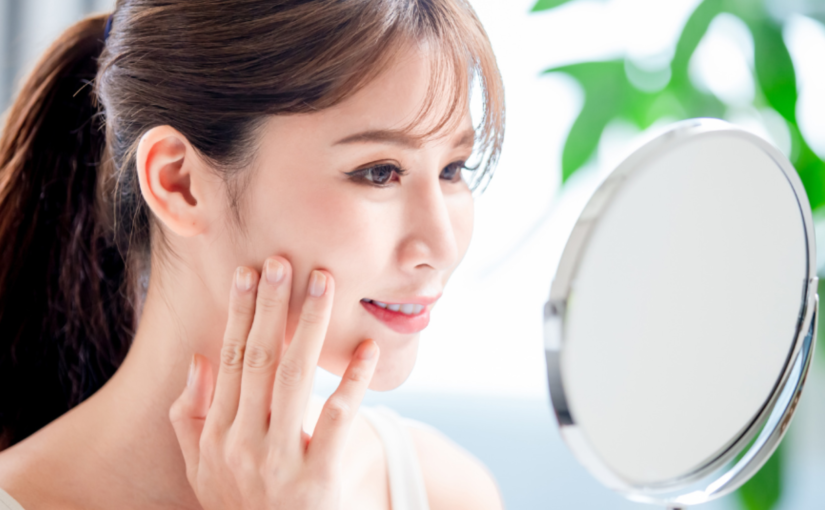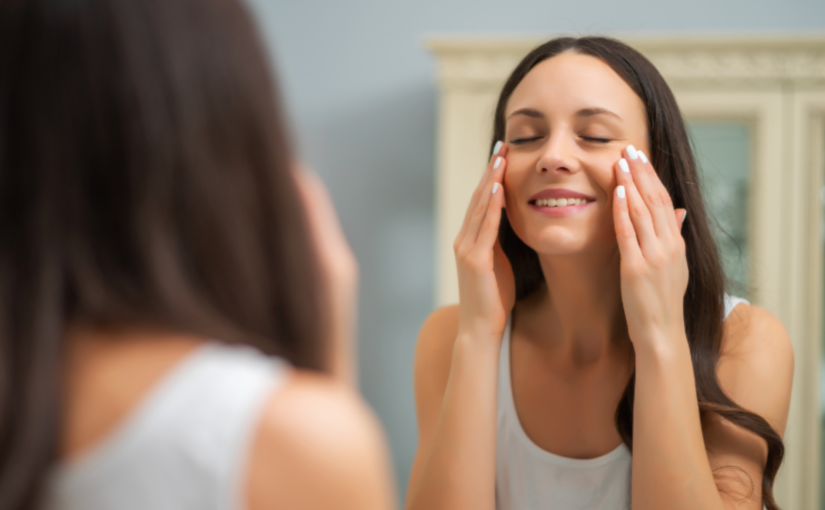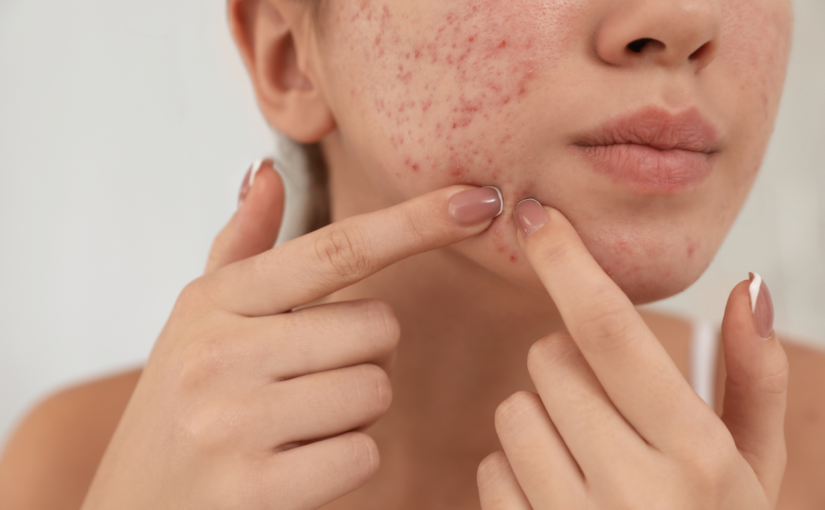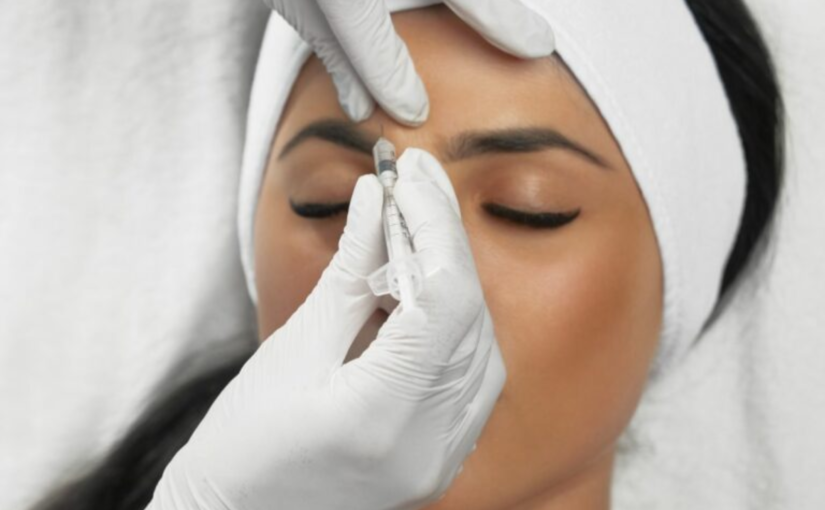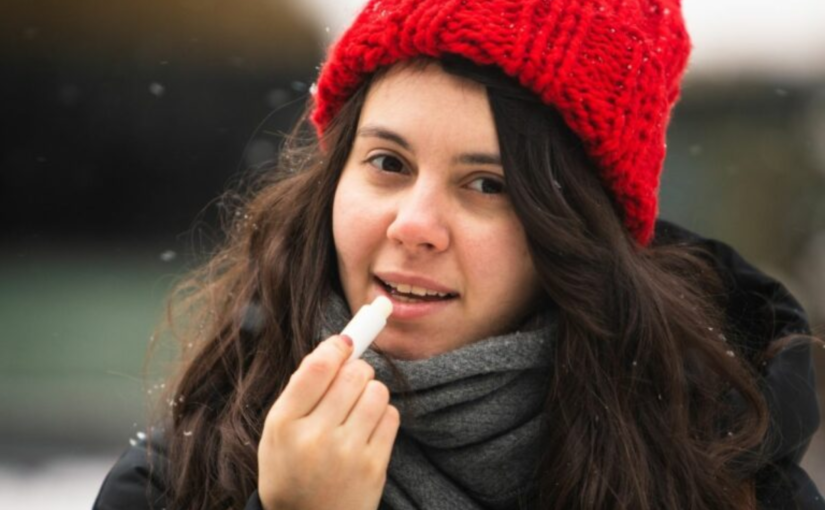Good sleeping habits are essential to maintain skin health. Our skin is a renewing organ so it needs the time and rest for this to be done effectively. Lots of cellular functions happen at night and it’s a time when our skin repairs the damage that has occurred throughout the day. Lack of sleep will cause the skin to become sluggish, increase in inflammation and a decrease in collagen, elastin and hyaluronic acid production eventually resulting in lines appearing and a loss of tone and volume.
It's important to maintain a good, consistent sleep pattern of around 8 hours per night, this will benefit overall health and in turn your skin too. Avoiding caffeine or alcohol before bed as these can interrupt sleep patterns.
Always remove your makeup before bed and change your pillowcase regularly, this reduces the chances of bacteria or blocked pores causing congestion. A silk pillow case can really benefit the skin reducing the friction and pressure reducing the risk of lines appearing. Side sleeping can also lead to lines and wrinkles forming so where possible sleep on your back.
Avoid having the heating or air conditioning on too high as this can cause a dry atmosphere reducing hydration levels within the skin, sleeping with a humidifier in the bedroom is great for ensuring you wake up with hydrated, plump skin.
Ready to take the next step towards healthier, radiant skin? Schedule your personalised consultation today and let's embark on your journey to skin confidence together. Don't wait any longer to love the skin you are in - contact us today!

